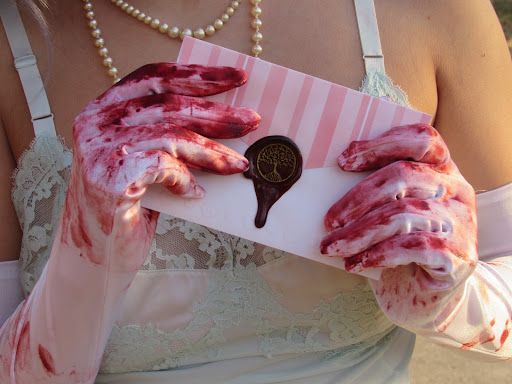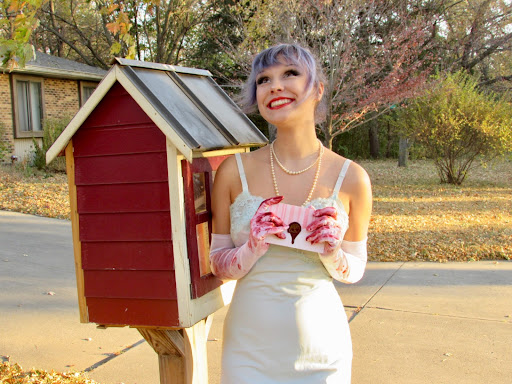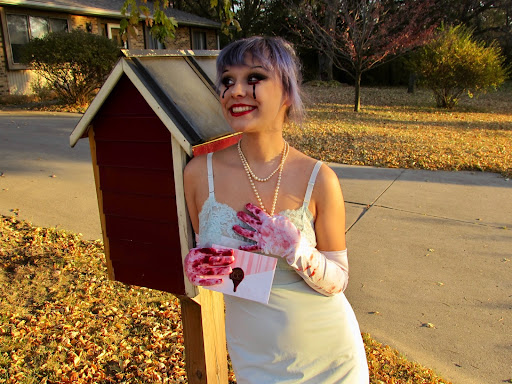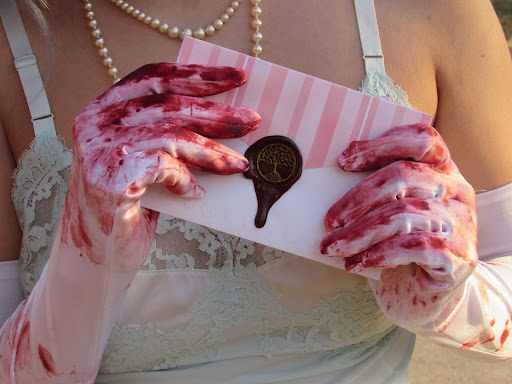
By Max Veasman

Allow me to lay the scene: after a strained relationship finally turns sour, your lover shows up, uninvited, to your home and proceeds to blast music through a comically large boombox for the whole neighborhood to hear (Say Anything). Or, even better, you’re a high schooler and your college-aged, step-brother decides to pursue you romantically (Clueless). Both of these scenarios would probably end in a restraining order and a therapy appointment; however, under the rose colored glasses you can buy off Amazon, these gestures are idolized as artifacts of true romance. Picture this: in my pre-teen age, I marveled at the epic highs and lows of passion, desire, and impulse, playing out on the upper echelon of media: Rom-Coms. While these movies continue to provide a familiar comfort even up to this day, they have left myself and many others with detrimental ideas of Love.

I have always been the type to fall in love with strangers, no matter the location. The barista at a coffee shop smiles at me as I am handed my Iced Americano? I am already planning our wedding flowers (I’m thinking: Blue Hydrangeas with White Roses, by the way). And don’t even get me started on airport crushes. However, this scripted, curated romance only exists on the big screen. Being Lovesick doesn’t stop at just film, romance is literally ingrained into almost everything we consume. In a Governors State University survey, 90% of children and teens stated that they turned to television shows and movies to learn about romance, so much so that marketers have even created a subgenre of advertisement: Romance Appeal. Romance Appeal is a strategy of advertisement similar to Sex Appeal but focuses on two people and how a product can better the relationship, even in the smallest of ways. Upon reflection, I have found myself to be stuck in this perpetual state of yearning: day-dreaming of dates, replaying the same romantic scenarios over and over in my head, adapting the belief that someone else loving me will magically dispose of all of my issues. Love is portrayed as a savior, and I want to be saved.

Another toxic aspect of Love in the media is that, a majority of the time, it is only romantic love being highlighted. This is in no way my attempt to create a loveless world, but to highlight the beautiful reality of obtainable love, both romantic and otherwise Greek philosophers discuss the idea that there are up to seven different types of love within the human experience, each one beautiful and necessary. Recently, I have been trying to write down everything that has made me feel some form of love. Some of my favorites have been: listening to music while walking back to my dorm (my current music obsession is Ethel Cain), the autumn air blowing through my window as I cook dinner, looking around the room and knowing I am exactly where I belong, anything like that. By slowly decentering romantic love, all the other loves alive in my life have become so apparent. So tactile. I now understand love to be something so present and possible for each and every one of us, in everything that we are, no movie theater required.
